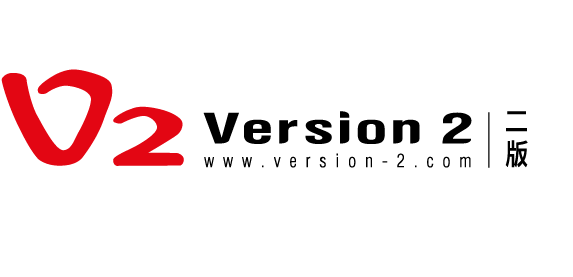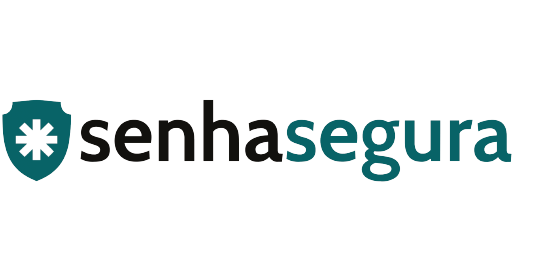
Counting on maximum security is essential to bring a protected environment and strengthen customers’ trust in the company. SSH keys are an important authentication mechanism that ensures data and information protection.
They work as an access credential, being an essential tool to strengthen the secure control of companies and bring more credibility to their operations. With the General Data Protection Law (LGPD), investing in data security is a huge need for companies.
Therefore, in this text, we are going to explain what SSH keys are, how they came about, and their importance when it comes to bringing more security to the company’s day-to-day. Check it out.
What Are SSH Keys?
SSH (or Secure Socket Shell) is a network protocol that gives users access, modification, or administration permissions remotely to servers. In this way, one can bring a layer of protection during use.
Its security capability occurs through cutting-edge encryption that enables user access to data, information, documents, and files between machine and server. SSH keys rely on an authentication mechanism that is capable of masking transmitted user data.
They can come in various sizes, but the most common model is the SSH key with RSA 2048-bit encryption, which supports passwords up to 617 digits. SSH keys come in pairs — where one part is private and the other public.
Typically, SSH keys are used as a form of login or to perform other operations on servers and remote machines. However, they can also be used as a means of transferring information and files securely and reliably.
How Do SSH Keys Work?
When accessing through SSH keys, the user enters a shell session — which works as a text interface that allows direct interaction with the server. During this session, all commands entered in the terminal are sent through an encrypted SSH tunnel and executed on the server.
So, the SSH connection is implemented using a client-server model, and to enable access, the remote machine or server must have a tool capable of listening for connections and authenticating requests.
For this, the user’s computer must have an SSH client installed to enable communication via the SSH protocol and then receive information about the remote host to which it intends to connect.
What Are The Types of SSH Encryption?
SSH keys encryption is the main guarantee of protection during access requests and data transfer. We separate the three structures used in this protocol. Check them below.
Symmetric Encryption
In this encryption model, users have a feature that works as a personal identifier to allow data sharing between server and user. For this, a secret key is responsible for the process of encrypting and decrypting the information that is sent.
Symmetric encryption is also known as the “shared secret” model due to the need to rely on a secret key to make data sharing available. Typically, there is only one key that is used for all operations.
SSH symmetric keys are responsible for encrypting the entire connection. Therefore, this model makes it possible for both password authentication and data transfer to be protected against intrusion and unauthorized access.
Asymmetric Encryption
Unlike the previous model where only one secret key is used, in asymmetric encryption, we rely on two keys — one for the user and one for the server. This process is essential for data encryption and maximizing information protection.
These keys are known as public and private and are responsible for the combination capable of generating SSH and its entire security protocol. The public key can be shared freely with any party. It is associated with the paired key. However, the private key cannot be derived from the public one.
There is a relationship between both keys that allows the public one to encrypt messages that can only be decrypted by the private key. Therefore, the private key must be kept entirely secret and must never be shared with other parties.
This key is the only component capable of decrypting a message encrypted by the public key. Therefore, it exercises secure control over the transmission of data and information and only entities that hold the private key are able to carry out this process.
Hashing
Hashing is another form of data manipulation that can benefit SSH. Here, the information is scrambled into a random sequence of characters that works as a kind of signature generated through an algorithm, which summarizes all the data.
This method ensures messages are protected through this data manipulation, providing greater security against tampering with codes that are received remotely by servers.
How Important Are SSH Keys in Secure Control?
One of the main points that determine the importance of SSH in companies is their ability to extend security on-premises. SSH keys are able to protect the integrity of data and information transmitted and changes made to the server.
Through its encryption methods, the SSH protocol is capable of providing maximum protection in the event of malicious actions where there are attempts to intercept data or invade the servers where the information is stored.
With SSH keys, a company has more control over its data, as access is restricted only to the legitimate authentication key. This security protocol also works as a reinforcement when allowing access to remote machines or servers, blocking any unauthorized access to the system.
That’s it! SSH keys are one of the most secure communication protocols out there today. In addition to bringing more security to a company’s routine, counting on this encryption method is an excellent way to strengthen its credibility and bring more efficient means to deal with sensitive data.
Take the opportunity to check out other articles on our blog to deepen your knowledge and learn new methods to bring security to your business.
About Version 2
Version 2 is one of the most dynamic IT companies in Asia. The company develops and distributes IT products for Internet and IP-based networks, including communication systems, Internet software, security, network, and media products. Through an extensive network of channels, point of sales, resellers, and partnership companies, Version 2 offers quality products and services which are highly acclaimed in the market. Its customers cover a wide spectrum which include Global 1000 enterprises, regional listed companies, public utilities, Government, a vast number of successful SMEs, and consumers in various Asian cities.
About Senhasegura
Senhasegura strive to ensure the sovereignty of companies over actions and privileged information. To this end, we work against data theft through traceability of administrator actions on networks, servers, databases and a multitude of devices. In addition, we pursue compliance with auditing requirements and the most demanding standards, including PCI DSS, Sarbanes-Oxley, ISO 27001 and HIPAA.




